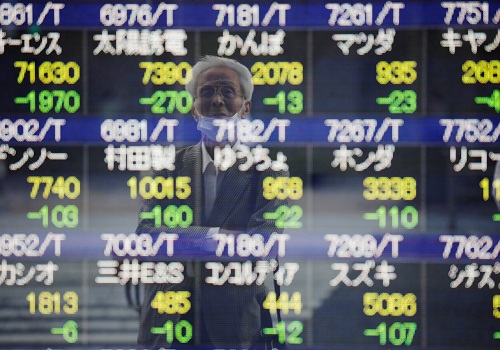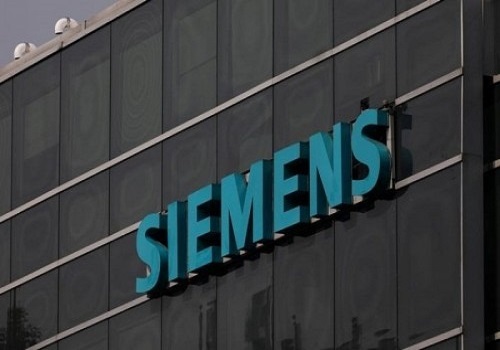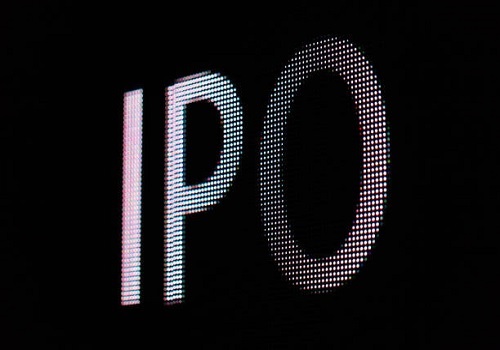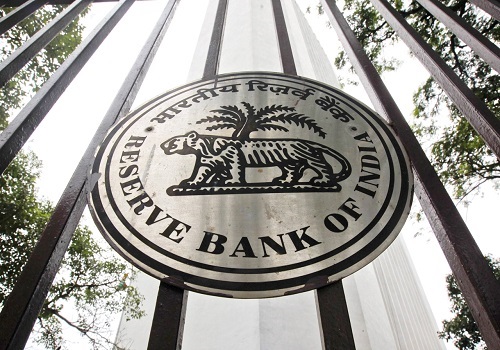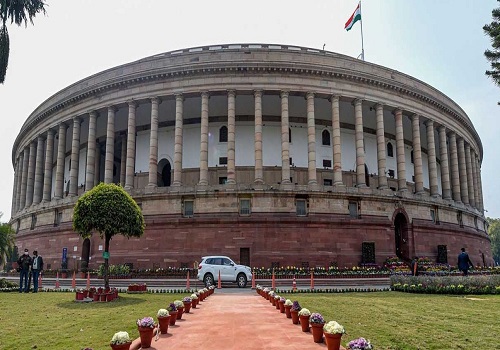Clear and present danger: Expensive commodities raise risk of stagflation
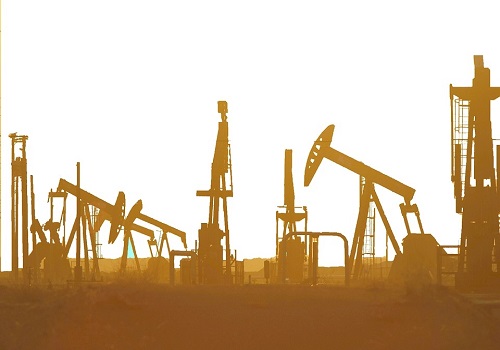
Follow us Now on Telegram ! Get daily 10 - 12 important updates on Business, Finance and Investment. Join our Telegram Channel
India's economy which is already reeling under inflationary pressure, now faces an ever increasing risk of stagflation.
The economic trend of stagflation is marked by rising inflation and stagnant GDP growth.
Lately, the geo-political crisis involving Russia-Ukraine has led to a global spike in international prices of crude oil, natural gas, coal, nickel, copper, aluminium, titanium and palladium.
The trend is expected to accelerate the pace of inflation in coming months.
Already India's main inflation gauge -- Consumer Price Index (CPI) -- which denotes retail inflation, has crossed the target range of the Reserve Bank of India in January and February.
The wholesale prices rose to 13.11 per cent last month from 12.96 per cent reported for January 2022. Both the gauges pointed to the trend of rising manufactured goods' prices which are raw material and commodity cost dependent.
Moreover, it is expected that high commodity costs will impact manufacturing and infrastructure sectors, which are key contributors to growth and job creation.
The manufacturing sector is suffering from expensive commodities costs due to rise in international demand and supply constraints.
At present, India is a major importer of these precious as well as industrial commodities.
Besides, lower manufacturing growth will have a direct bearing on the country's GDP growth as well as job creation.
Furthermore, an expected rise in domestic petrol, diesel and fertiliser prices might require excise duty cuts to dampen the impact on the economy.
The move might cost the Centre up to Rs 90,000 crore of tax revenues on just fuel excise duty cut, which will impact its ability to incur the FY23 budgeted Capex.
Accordingly, any impact on Capex will hit growth, especially, in the absence of strong private investment and consumption.
"Globally, the Russia-Ukraine conflict is likely to threaten the growth recovery while adding to inflationary pressures. This will complicate policy choices for governments and central banks," said Aditi Nayar, Chief Economist, ICRA.
"The unfolding lockdowns in China could add to supply side hiccups and worsen logistics constraints."
According to Madhavi Arora, Lead Economist, Emkay Global Financial Services: "Stagflation risks could emerge as oil shocks hit already weak private consumption and impact corporate margins."
On the other hand, Suman Chowdhury, Chief Analytical Officer, Acuite Ratings & Research said: "We don't see any immediate risk of stagflation in India as high infrastructure spending and recovery of the services sector should ensure healthy growth prospects for India in the near to medium term."
"However, the continuation of the conflict and further rise in energy prices over a longer period can increase the risks of stagflation."










Tag News

Monthly Debt Market Update, September 2023: CareEdge Ratings





 320-x-100_uti_gold.jpg" alt="Advertisement">
320-x-100_uti_gold.jpg" alt="Advertisement">

